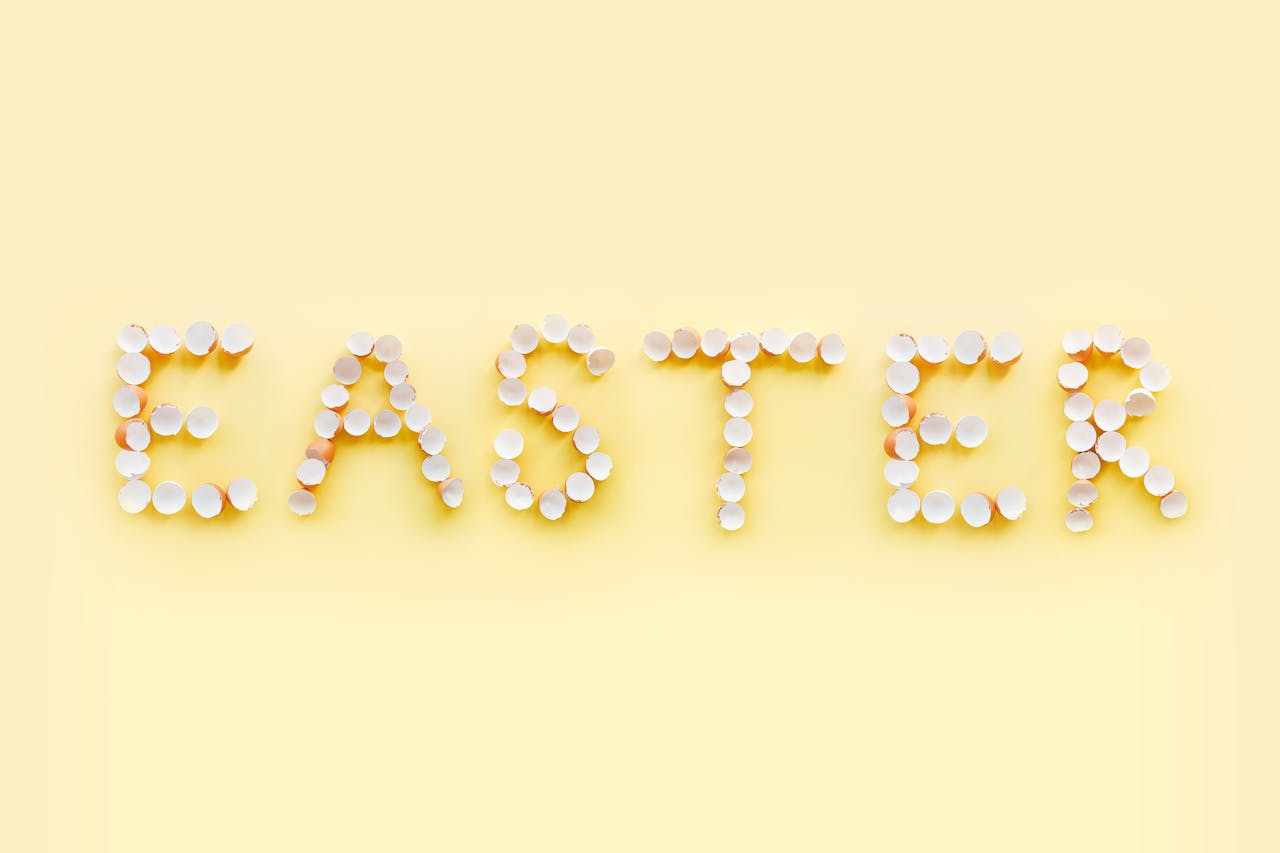Easter, beyond its vibrant egg hunts and delightful chocolates, holds a tapestry of lesser-known traditions and historical nuances. Here are five fascinating facts that shed light on the richness of this springtime celebration:
-
The Origin of the Easter Bunny: While many associate the Easter Bunny with modern-day festivities, its origins trace back to German folklore. In ancient times, the hare symbolized fertility and new life, fitting seamlessly into the narrative of Easter's resurrection themes. German immigrants brought this tradition to America in the 1700s, where it evolved into the beloved Easter Bunny we know today, delivering colorful eggs and treats to children.

-
The Connection to Pagan Celebrations: Easter's timing aligns with pagan celebrations of the spring equinox, symbolizing the renewal of life and fertility. In fact, the name "Easter" itself is derived from Eostre, the goddess of spring and fertility in Germanic paganism. Early Christian missionaries repurposed these existing springtime festivities, incorporating them into the Christian calendar as a way to ease pagan communities into the new faith.

-
The Evolution of Easter Eggs: Eggs have long been a symbol of rebirth and renewal, predating Christianity's adoption of the Easter holiday. Ancient civilizations, including the Egyptians and Persians, exchanged decorated eggs during spring festivals to usher in the season's fertility. Early Christians adopted this tradition, associating eggs with the resurrection of Jesus Christ. Over time, the practice of dyeing and decorating eggs evolved, resulting in the vibrant Easter egg tradition we cherish today.

-
The Mystery of Hot Cross Buns: Hot cross buns, with their spiced sweetness and iconic cross markings, have been synonymous with Easter for centuries. But their origins date back even further, possibly to ancient Greece or Rome, where they were offered as a tribute to various deities. In Christian tradition, the cross atop the bun symbolizes the crucifixion of Jesus, making it a fitting addition to Easter observances. Interestingly, there's a superstition that hot cross buns baked on Good Friday never spoil and hold medicinal properties.

-
Global Easter Traditions: While Easter is widely celebrated around the world, each culture infuses its own unique customs into the holiday. In Greece, for example, the Easter meal often includes a special soup called "magiritsa," made from lamb offal. In Norway, children eagerly anticipate the arrival of Påskekrim, or Easter crime novels, a tradition that originated from a marketing campaign by a publisher in the 1920s. These diverse traditions highlight the universal themes of rebirth and new beginnings that unite cultures worldwide during the Easter season.

As we delve into the tapestry of Easter traditions, these lesser-known facts add depth to our appreciation of this joyous springtime celebration. From ancient folklore to modern-day customs, Easter continues to captivate hearts and minds with its rich history and enduring symbolism.

